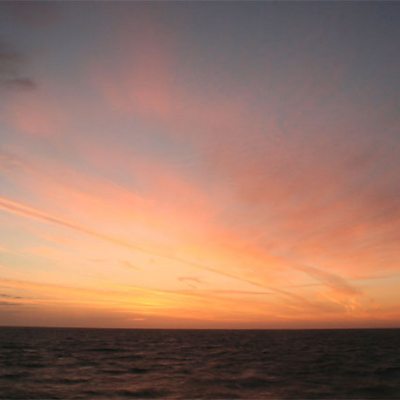Episode details

Available for over a year
It’s hard enough to imagine the plight of four hundred migrants reported drowned off the coast of Libya, while attempting to flee to Europe. I’m reminded of our incredulity in school history as we learnt of conditions on the slave-ships, human beings packed appallingly like sardines in a tin. Even harder perhaps is to understand the level of privation and danger which could make this dreadful risk a positive choice. One report suggested the vessel was so flimsy its capsize was caused merely by passengers moving when they saw an Italian rescue boat. Children are thought to number significantly among the lost. How desperate must the parents have been, to entrust their own offspring to such a terrible rescue? I find it so hard to identify with, that to my shame I find myself almost more distressed at the tragedy that befell little Carwyn Scott-Howell, the seven year old who fell to his death on a recent skiing holiday. Not, of course, that one boy’s tragedy is worse than hundreds’. Simply more manageable for my imagination to encompass. Some years ago my son took me to a talk in his school given by Holocaust survivor Josef Perl. For a life-changing hour Perl led us through several years of his childhood, starting with the afternoon when a Nazi soldier turned up at their family farm, asked the young Josef a question and, not liking his answer, shot the boy’s pet dog dead at his feet. Even that relatively minor cruelty – compared with what was to come – sent a frisson of fear through the audience, as we felt with him the shocked grief of the traumatised child. When he went on to describe unexpectedly recognising his long lost mother and sisters, the very moment before they jerked in the air as they were shot, he conjured up an image that burns in my brain for ever. I can’t fully comprehend the enormity of six million murdered, any more than I can understand light years or the size of a star. One small boy’s family is something I can hold in my heart. A single survivor, such as the most eloquent Gena Turgel telling us on this programme yesterday how she went on sterilising the hospital needles even as the liberating tanks rolled in, more and more past the window till the gates were thrown open, brought home to me the paralysing fear she had lived in. Such individual experiences give us a clouded window on to a scene we will never, please God, see for ourselves but have to learn about, somehow, to understand our human state. The gods themselves could surely never divine our condition. A being that is omnipotent, omniscient, could never truly comprehend the wretchedness life on earth; nor a divinity feel the unfamiliar human fear of being powerless and ignorant, as we are. Only by experiencing life through the eyes of one of us, by becoming human and dwelling among us, could a God ever fully identify with the billions of passions and pains, the trillions of troubles and tribulations that make up the story of our sometimes so-sad world.
Programme Website